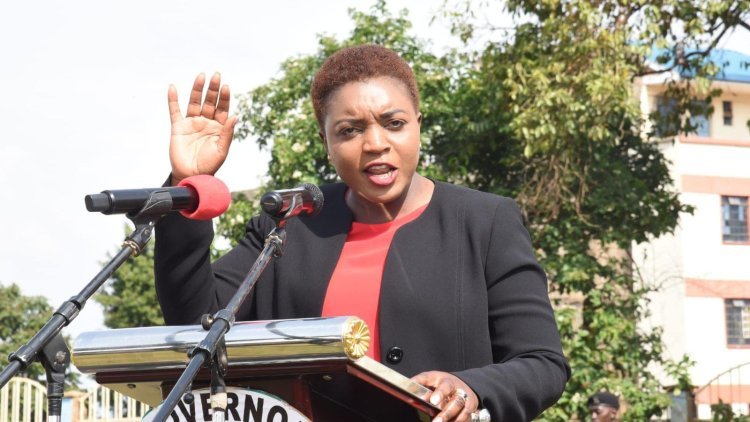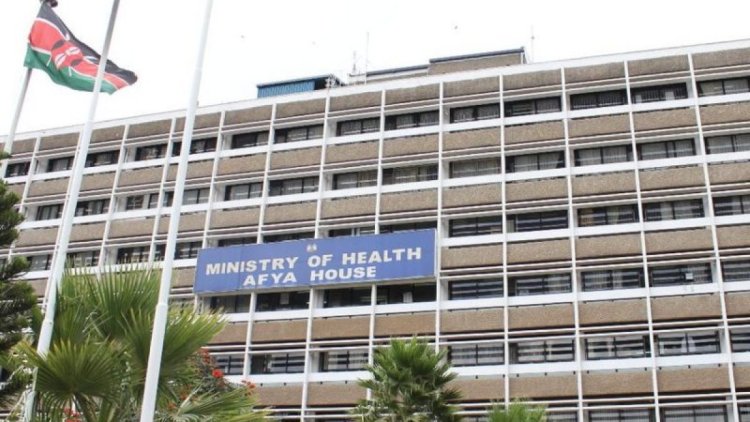Govt Stops Uhuru Deal With Cuban Doctors
The deal was struck in 2017 during the tenure of former President Uhuru Kenyatta

The Ministry of Health has announced that it will not renew its agreement with Cuban doctors who were brought into Kenya six years ago to address gaps in county hospitals.
The deal was struck in 2017 during the tenure of former President Uhuru Kenyatta that actualized an exchange programme where Cuban doctors would come into the country to help fill the gap in county hospitals while Kenyan doctors were sent to Cuba for specialized training.
However, speaking on Wednesday, October 11 during the Pre-National Dialogue on Human Resources for Health including the Kenya Medical Practitioners Pharmacists and Dentists’ Union (KMPDU) and Kenya Union of Clinical Officers (KUCO), Nakhumicha expressed confidence in the local workforce's ability to replicate the skills possessed by their Cuban counterparts.
"As a ministry, I am confident that we will have a highly motivated workforce. We have decided not to renew the agreement with the Cuban doctors. Our very own healthcare professionals are committed to the cause. #KenyaHRHDialogue - Nakumicha S. Wafula, Cabinet Secretary for… pic.twitter.com/izDnYvAxwq — Ministry of Health (@MOH_Kenya) October 11, 2023
"As a ministry, I am confident that we will have a highly motivated workforce.
"We have decided not to renew the agreement with the Cuban doctors. Our very own healthcare professionals are committed to the cause," expressed the CS.
The CS, while describing the health workers as the fuel that powers and makes the health system work, underscored the commitment by President William Ruto’s administration to address challenges facing the industry, particularly healthcare professionals.
This will be achieved by putting in place robust strategies geared towards strengthening pillars of the local health system, including health products and technologies, health information and healthcare financing.
“A strong healthcare system results in a healthier population, which forms the basis of a productive workforce and a strong economy. This, in return, is a strong economic driver, contributing to the growth of the national economy. It is therefore vital that appropriate policies are not just formulated, but that they are developed with strong input from those most directly involved in their execution, the healthcare workers” she said.
“We are well aware that health workers are facing major challenges in the execution of their mandates at both national and county levels. The challenges are diverse, ranging from training and development, staff welfare and progression, performance management and motivation, health worker safety and welfare, and staff mobility, including transfer across counties and levels of government. Yet, health workers continue dedicating themselves to the service of Kenyans despite the challenges," added Nakhumicha.
Cuba’s healthcare system has been praised as being one of the best worldwide.
This is due to its focus on a preventive approach to medicine as opposed to the curative approach, a matter widely practised in Kenya.
The agreement saw the first batch of 53 family doctors and 47 specialists arrive in the country before an additional 20 specialists arrived in July 2020 to help in the fight against COVID-19.
However, the arrival of Cuban doctors in 2018 faced opposition and controversy from local health practitioners who complained that it would pose a disadvantage to the locally trained doctors who were unemployed.
Specifically, the complaints revolved around the lucrative remuneration the Cuban doctors have been receiving including comprehensive medical coverage under the National Health Insurance Fund (NHIF), with their utility bills totally covered.
Despite the backlash, after the two-year contract with Cuba ended, Kenya extended the contract much to the dismay of local doctors, who, backed by institutions like the Council of Governors (CoG) and the Kenya Medical Practitioners and Dentists Union (KMPDU), appealed for the doctors return to Havana.







